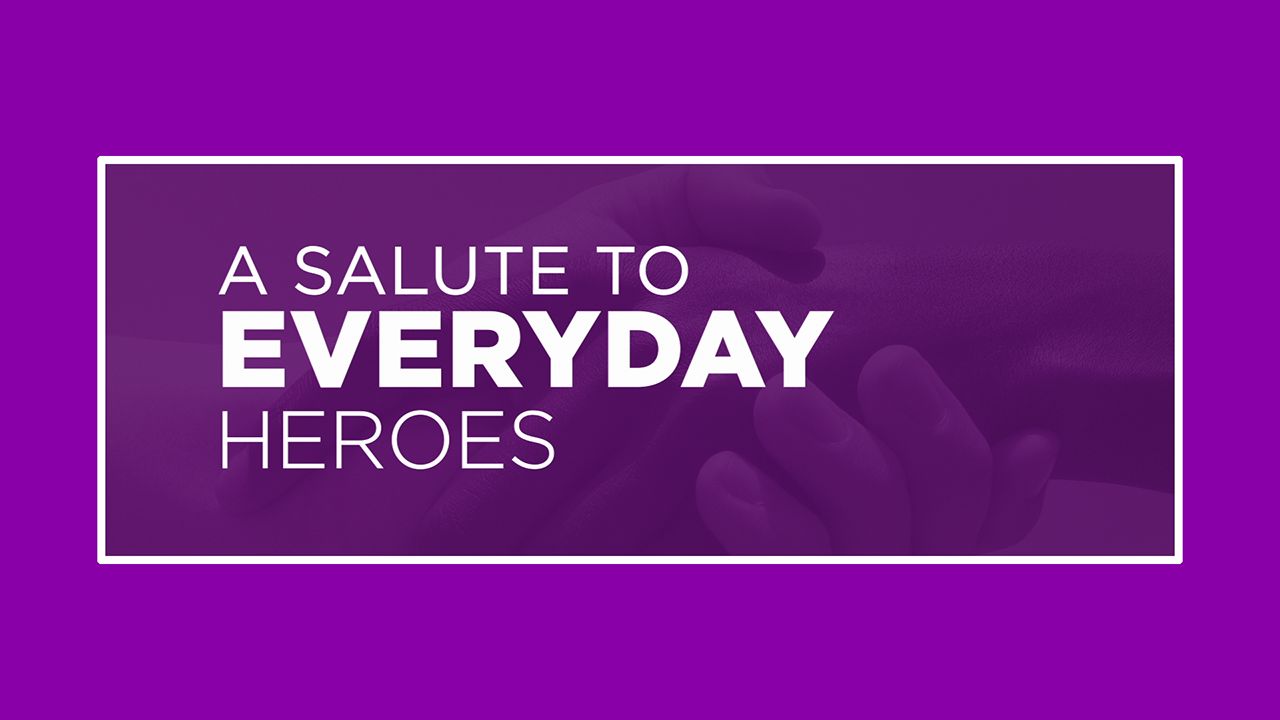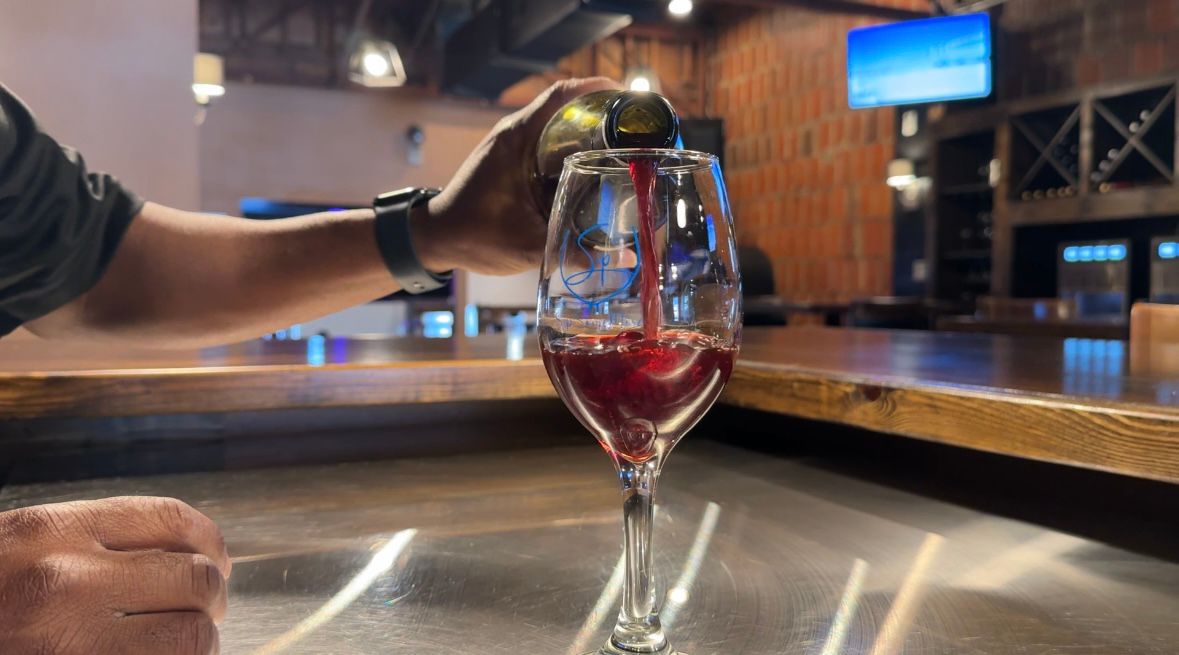TAMPA, Fla. — The Supreme Court has agreed to make a decision on whether it is unconstitutional to ticket homeless people who sleep on public property. The case is considered to be the most significant Supreme Court case relating to the rights of homeless individuals in decades. Advocates for the homeless population say that such citations are hindering efforts to address homelessness.
Florida has the third-highest number of homeless people in the country, with 27,487 people experiencing homelessness, according to the Florida Coalition to End Homelessness. Resources like clothing, toiletries and access to a computer and internet are available at the St. Michael’s Homeless Veteran Outreach Center.
Michael Moore now considers them a luxury after experiencing homelessness.
“What a blessing to have some place that cares,” Moore said.
Moore, a veteran, acknowledges that not everyone else is as lucky. He met fellow veteran Glenn Collins at the New Beginnings Shelter in Tampa, where Collins sought refuge after living in Georgia and New York.
“When I left New York in 2002, it was over 35,000 people homeless on the street, and they could sleep on the doors in McDonald’s because they didn’t have anywhere to put them,” Collins said. “But here in Tampa it’s a whole different environment.”
In 2013, the city of Tampa passed a law that prohibits sleeping or camping in public areas. Recently, the Supreme Court has been reviewing a case in Oregon that has a similar law and is deciding whether this law violates the Constitution by being deemed cruel and unusual punishment.
“We’ve seen that criminal record makes it harder to recover,” said Victoria Kelly is the Senior Manager of Organizational Advancement and Strategy at The Homeless Leadership Alliance of Pinellas, Inc.
The case will have an impact on multiple states on the West Coast. Nonetheless, Kelly believes that it is likely to have a wider influence on cities across the country, as homeless individuals are transient. Any record from one state could follow them to the next.
“If the attempt is to survive. Someone who is involuntarily homeless. it makes it even more difficult for that person to get back on their feet,” Kelly said. “Landlords look at a lot of things when they make determinations. Criminal records are taken into consideration and make it a lot harder for folks to get and maintain stable housing.”
The Alliance counts the sheltered and unsheltered community each year to help organizations provide resources to the homeless.
Moore believes that the most pressing need of the moment is for more accessible and sustainable housing. Glenn argues that homelessness will persist until this gap is closed.
“The only thing they are doing is trying to survive on the street,” Glenn said. “Where can they go?”
That’s a question Glenn says a person struggling with homelessness will ask before they rest every night.







)

